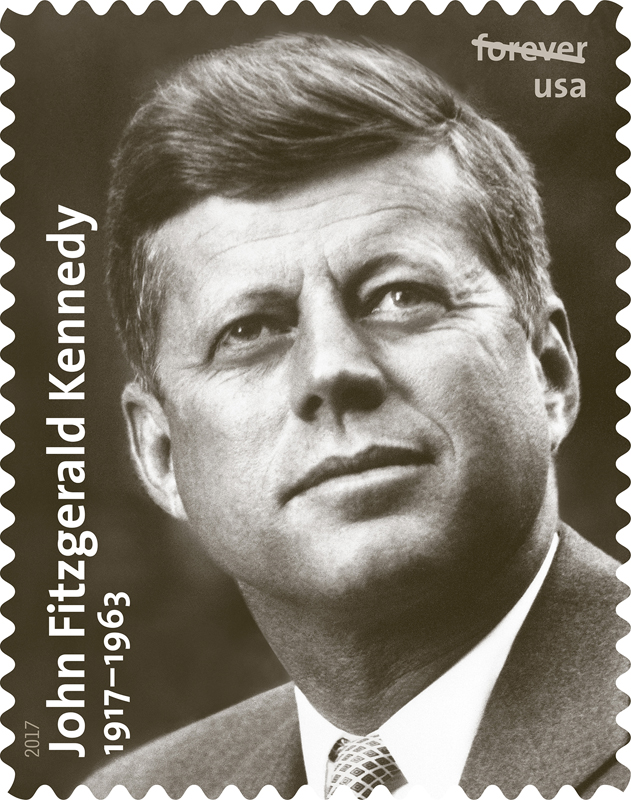Imagine John F. Kennedy at one hundred.
You can’t – any more than you can imagine most people at one hundred.
But you could not have imagined John F. Kennedy at sixty, either. For all Americans, he is eternally frozen in time – dead by an assassin’s bullet at the age of 46.
I would like to reflect on the most “Jewish” moment in President Kennedy’s tragically short presidency.
It came in the form of the words that he delivered in his 1961 inaugural address – considered by many to be one of the finest examples of American political oratory.
I know what you’re thinking: “Ask not what your country can do for you, but what you can do for your country.”
That’s good.
But, here’s my favorite.
“God’s work on earth must truly be our own.”
Get ready for Jewish Theology 101.
There are (at least) two Jewish ways of encountering God.
The first is imitating God – doing what God does.
God clothed Adam and Eve in the Garden of Eden. So, we have to give clothing to the poor.
Just as God heals the sick, we must heal the sick.
Just as God buried Moses on Mount Nebo, we must tend to burying the dead.
Amazing, actually. The small things we do have major consequences.
There is a second way of encountering God.
It is being God’s partner — picking up where God left off.
If you’re Jewish, have you ever considered how much you do in your Jewish life that is all about being God’s partner?
Just one example: saying a blessing over food.
We can’t recite motzi (the blessing over bread) over wheat. And you can’t recite kiddush over a cluster of grapes.
Here is why.
God makes wheat and grapes.
But people have to transform those raw materials into bread and wine.
But, my favorite way that Jews do the God-partnership thing is through the pursuit of justice.
(Lawyers and others involved in the legal profession: heads up).
As the Talmud states, “Every judge who renders a fair decision is like a partner of the Holy One in the act of creation.” (Talmud, Shabbat 119b).
The Talmud also promises that “a judge who decides a case in accordance with true justice causes the Shekhinah, God’s Presence, to dwell in the midst of Israel.”
By seeking justice, we can bring God into the world.
Back to John F. Kennedy.
He probably did not know that his inaugural words were “Jewish.”
Especially since he did not write the speech.
Ted Sorensen did.
Now, here’s the thing about Ted Sorensen, whom Kennedy called his “intellectual blood bank.”
While his father was of Danish background, his mother was a Russian Jew.
In fact, some Jews — even and especially some Orthodox Jews — would love to claim Sorensen as a MOT (member of the tribe).
Technically, that would be true, though I have not seen any evidence that Sorensen identified as a Jew.
Would it be overly-romantic to imagine that somehow, this idea of God-human partnership osmosed itself into Sorensen’s consciousness, and that this idea would emerge, subtly, in the 1961 inauguration address?
In other words: it was the stubborn tenacity of dos pintele yid, that little spark of Jewishness, that might have survived?
It is a nice fantasy. And at the moment, it is only a fantasy.
But, on this centennial of JFK’s birth, let us imagine a world in which he took his words to heart.
Let us imagine a world in which we make God’s work our own.






